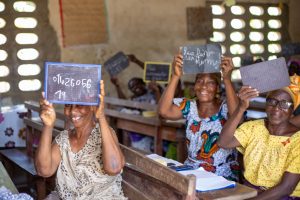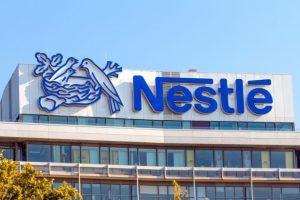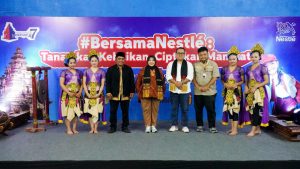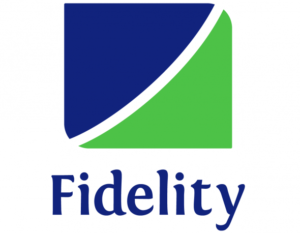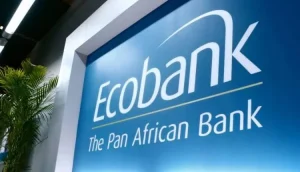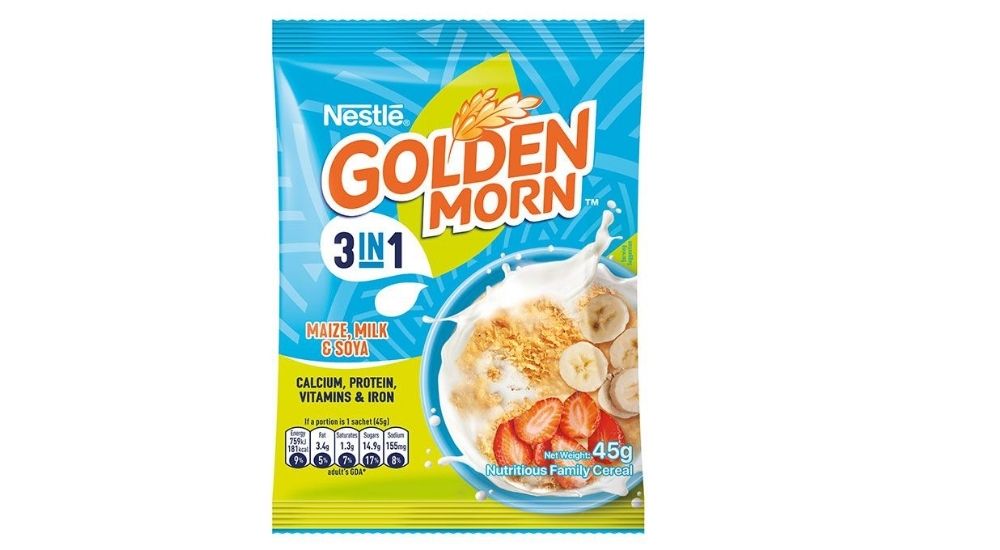
In a country where an estimated 172 million citizens cannot afford a healthy diet, the launch of a N300 fortified cereal may appear as a minor milestone. But Nestlé Nigeria’s new product, Golden Morn 3in1, may well become a central figure in Nigeria’s unfolding food security crisis—a story that merges corporate power, public health, and the silent desperation of daily hunger.
This is not just the release of another fast-moving consumer product. This is the commodification of nutrition, and for many, a makeshift answer to a question the government has failed to answer: how can Nigerians eat well without going broke?
A Nation Malnourished
According to the 2024 State of Food Security and Nutrition in the World (SOFI) report, jointly published by the FAO, WHO, IFAD, UNICEF, and WFP, 172 million Nigerians were unable to afford a healthy diet as of 2022—a staggering 79% of the population [Source: FAO SOFI 2024 Report].
Food inflation in Nigeria has soared, reaching 31.5% in September 2025, per National Bureau of Statistics (NBS) data [Source: NBS CPI Report, Sept. 2025]. Basic staples—rice, beans, yam—have become luxuries for many. This economic strain has pushed citizens toward cheaper, calorie-dense alternatives, often low in nutritional value.
It is in this vacuum that Nestlé Nigeria, the local arm of the Swiss food giant, introduced Golden Morn 3in1—a ready-to-eat cereal combining maize, soya, and milk, requiring only water to make a complete meal.
Corporate Nutrition in the Time of Crisis
At the Lagos product launch in October, Nestlé Nigeria’s Managing Director and CEO Wassim Elhusseini stated:
“Golden Morn 3in1 represents a significant advancement in convenience and affordability, making it easier than ever for families to enjoy a nutritious meal.”
The product, developed over two years based on consumer insight and affordability data, is fortified with GRAINSMART protect—a blend of iron, vitamins, protein, calcium, and fibre—designed to support immunity and digestive health.
Omofasa Orhiunu, Nestlé’s Category Manager for Healthy Cereals, emphasized its potential reach:
“With 172 million Nigerians unable to afford a healthy diet, we developed Golden Morn 3in1 as a cost-effective way to deliver essential nutrition to millions.”
Yet, as experts point out, this innovation walks a fine line between public health solution and corporate dominance in basic needs provisioning.
The Convenience Economy: Who Really Benefits?
Golden Morn 3in1 is the first cereal of its kind in Nigeria—a “just add water” meal retailing at N300 per sachet. It’s marketed toward low-income earners, busy workers, and urban youth seeking convenience amid economic instability.
But nutritionists and food rights advocates warn that overreliance on corporate food products—no matter how fortified—can crowd out traditional food systems and erode dietary diversity.
“Fortified foods serve a purpose,” says Dr. Zainab Musa, a public health nutritionist affiliated with Ahmadu Bello University. “But when these become staples in place of fresh produce or home-cooked meals, we risk long-term health issues, especially among children and adolescents.”
Research from the Global Alliance for Improved Nutrition (GAIN) supports this concern: processed convenience foods, even when fortified, may still be high in sugars, sodium, and additives—particularly if used as regular meal replacements [Source: GAIN 2023 Report on Urban Nutrition].
A Deeper Policy Failure
The popularity of Golden Morn 3in1 is arguably less about innovation and more about desperation. With Nigeria’s Home-Grown School Feeding Programme (HGSFP) now plagued by underfunding and mismanagement—serving just 9 million children out of a target 24 million in 2024 [Source: Budget Office of the Federation, 2024 Mid-Year Report]—millions of families are left to find nutrition wherever they can.
“The state has outsourced food security to corporations,” says Professor Tunde Adebayo, a food systems researcher at University of Ibadan. “Nestlé is filling a gap left by weak institutions. But make no mistake—this is not a sustainable model. It’s a market solution to a public failure.”
What’s in the Bowl? Unpacking GRAINSMART Protect
Nestlé claims that Golden Morn 3in1 contains:
- Iron: crucial for cognitive development and anemia prevention
- Vitamin A: for immunity and vision
- Calcium and protein: for bone and muscle development
- Fibre: for digestive health
While these claims align with WHO recommendations for fortified foods, the lack of independent third-party testing in Nigeria raises questions about bioavailability and nutrient retention during processing.
“Fortification only works if the nutrients survive manufacturing and are actually absorbed by the body,”says Dr. Aisha Bello, a clinical dietitian at Lagos University Teaching Hospital (LUTH). “We need transparency on testing methods, not just marketing claims.”
The Price of Hunger
At N300 per sachet, Golden Morn 3in1 is affordable to many—but not to all. For a family of four, three meals a day for one week would cost over N25,000, well above the national minimum wage of N30,000/month, which hasn’t increased in over five years [Source: Nigerian Labour Congress (NLC), 2025].
In practice, Golden Morn 3in1 is not replacing home-cooked meals—it is replacing skipped meals.
A Temporary Fix or Trojan Horse?
Nestlé’s innovation is significant. It offers a fast, fortified, and accessible meal in a time of national crisis. But food experts are clear: this cannot be a long-term solution.
What Nigeria needs is:
- A revived national nutrition strategy
- Investment in smallholder farming and local food systems
- Reliable food subsidies and public procurement for nutrition programs
- Transparent regulation of fortified and ultra-processed foods
Conclusion: A Cereal, A Country, A Choice
Golden Morn 3in1 is a product of its time—a corporate response to a humanitarian crisis. But its very existence raises urgent questions about how far Nigeria has drifted from food sovereignty.
In a world where access to nutrition is increasingly mediated by global corporations, one sachet of cereal is both a lifeline and a red flag. It is a spoonful of relief in a system starved of justice.
The bigger question is: will Nigeria fix the system, or feed it to the market?
Sources
- FAO, IFAD, UNICEF, WFP, and WHO. (2024). The State of Food Security and Nutrition in the World 2024. https://www.fao.org/publications/sofi
- National Bureau of Statistics (NBS). (2025). Consumer Price Index Report – September 2025. https://nigerianstat.gov.ng
- Global Alliance for Improved Nutrition (GAIN). (2023). Urban Diets and Nutrition in Nigeria Report.
- Budget Office of the Federation. (2024). Mid-Year Performance Report on Federal Government Budget.
- Nigerian Labour Congress (NLC). (2025). Press Briefing on Living Wage Demands.
- Interviews:
- Dr. Zainab Musa, Public Health Nutritionist, ABU Zaria.
- Prof. Tunde Adebayo, University of Ibadan.
- Dr. Aisha Bello, Clinical Dietitian, LUTH.
- Nestlé Nigeria. (2025). Golden Morn 3in1 Product Launch Press Release. October 2025.




